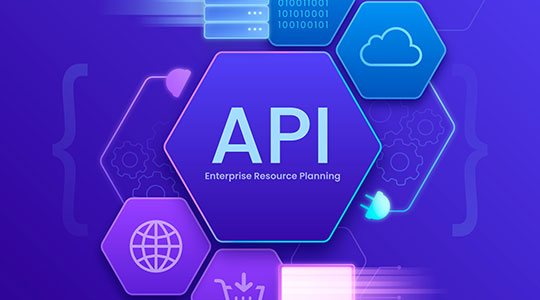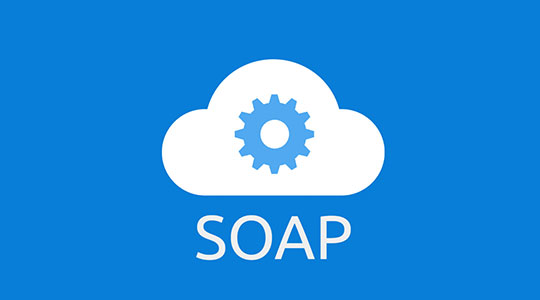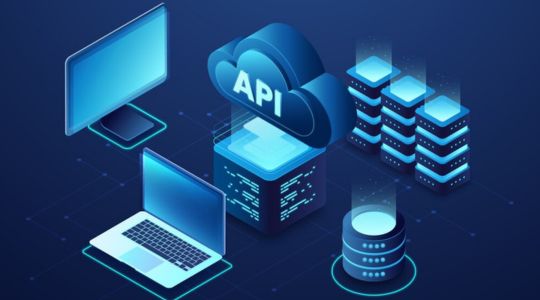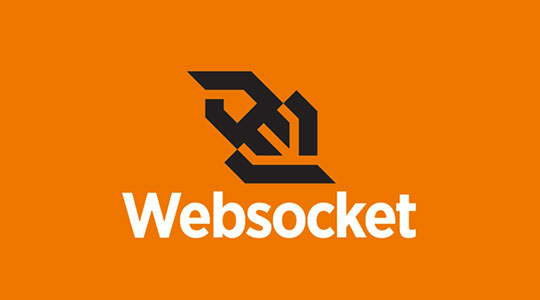We Offer All of the Web Development services that your organization demands.




We Offer All of the Web Development services that your organization demands.
Select an appropriate API type (REST, SOAP, GraphQL, etc.) and detail the endpoint requirements, data models, and authentication methods.
Develop the API as per the chosen technology stack. Simplify and clean scalability of code, and follow best practices and security protocols.
The API needs to be put through rigorous tests on various parameters such functionality, performance and security. Automated testing tools can be used to find bugs, or manual testing could be conducted to check the API on these criteria.
After deployment, track API usage, response times and errors, as well as uptime. Look for greater insight, more improved and indicate greater scaling as required.